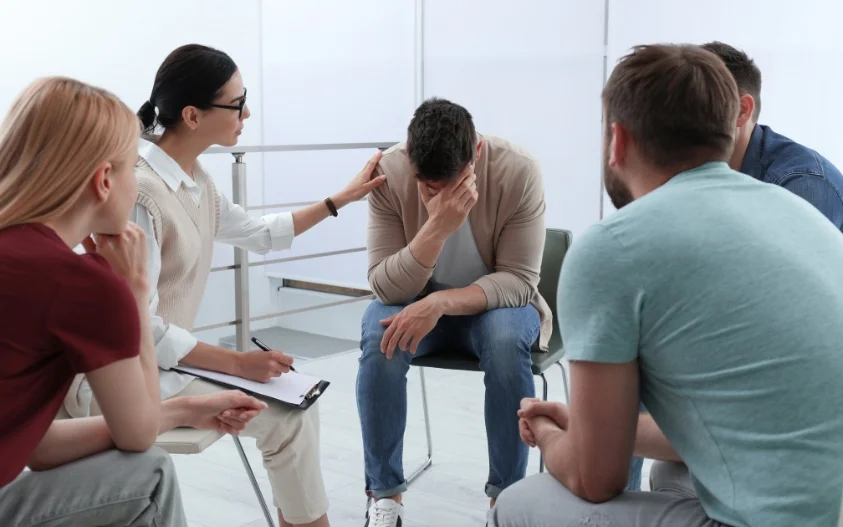24/7 Helpline:
(866) 899-221924/7 Helpline:
(866) 899-2219
Learn more about Residential Rehab centers in Saline County

Other Insurance Options

BlueShield

EmblemHealth

Humana

UMR

Evernorth

Absolute Total Care

Sutter

MVP Healthcare

Holman Group

CareFirst

PHCS Network

Meritain

Anthem

Cigna

Oxford

Coventry Health Care

Horizon Healthcare Service

Multiplan

Ceridian

Premera

Ashby House
Ashby House is a private rehab located in Salina, Kansas. Ashby House specializes in the treatment o...

Veridian Behavioral Health
Veridian Behavioral Health is a private, traditional rehab located in Salina, KS. Veridian Behaviora...





















Innovative Solutions Addiction Treatment Center
Innovative Solutions Addiction Treatment Center is a private rehab located in Salina, Kansas. Innova...

Central Kansas Foundation
Central Kansas Foundation is a non-profit organization that provides quality and affordable alcohol ...

























































































































